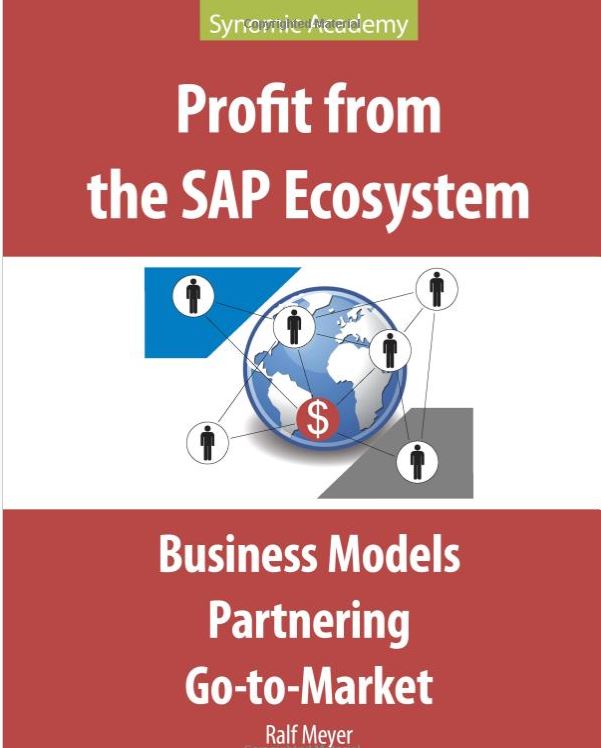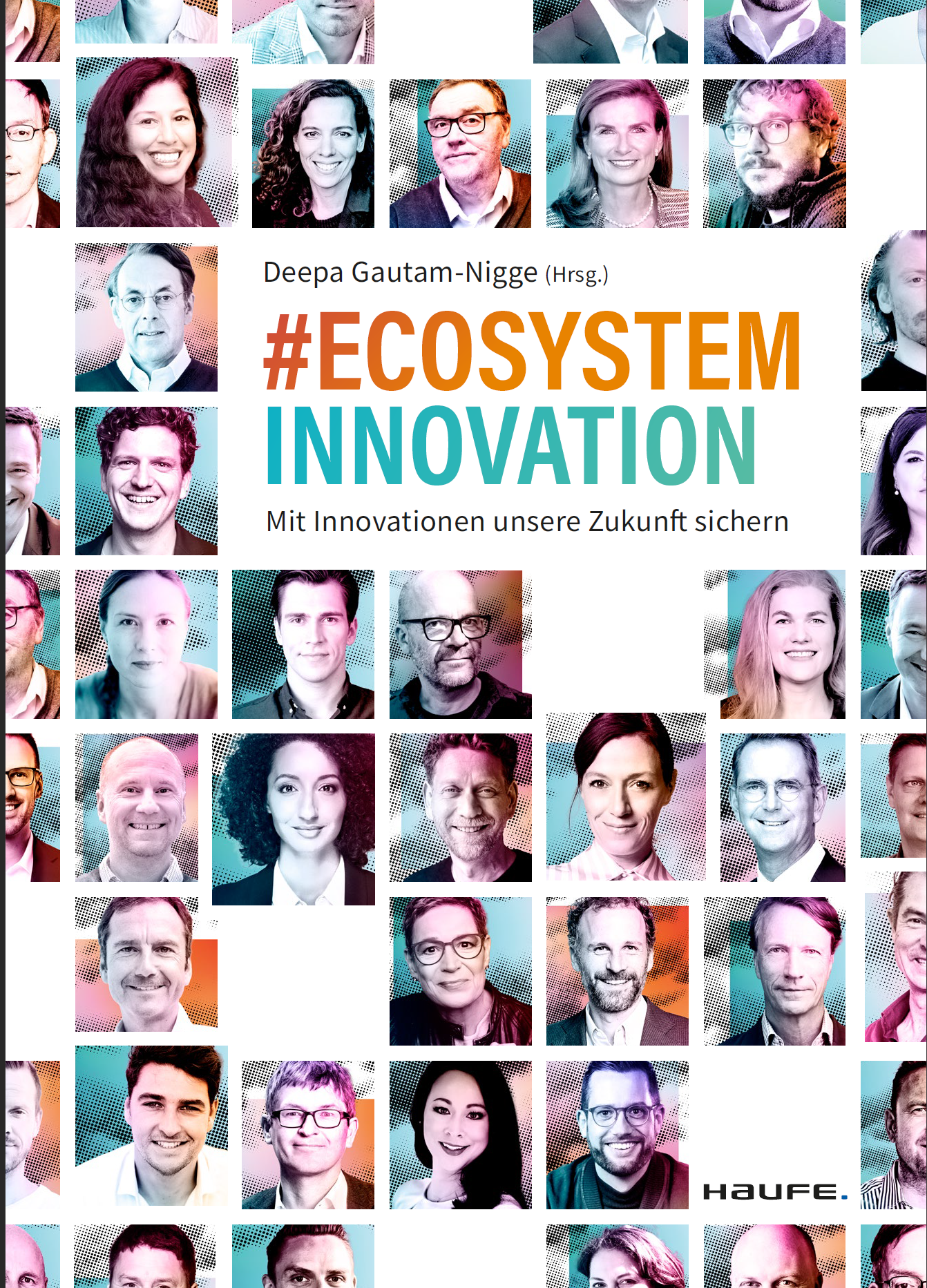Corporate strategy in the age of platforms and ecosystems
In today's rapidly evolving business landscape, the way companies formulate and execute their corporate strategy has dramatically transformed. The rise of platforms and ecosystems has disrupted traditional business models, forcing organizations to rethink their approach in order to stay competitive.
Gone are the days when companies could operate in isolation, solely focusing on their core products or services. The current digital era has ushered in a new paradigm where success hinges on developing and leveraging platform-based business models and ecosystems.
So, what exactly are platforms and ecosystems? Platforms are digital infrastructures that facilitate interactions and transactions between various participants, such as producers, consumers, and developers. These platforms act as a medium for value creation and exchange, allowing different parties to collaborate and innovate.
In contrast, ecosystems represent interconnected networks of organizations, individuals, and technologies that work together to create and deliver value to customers. These ecosystems rely on partnerships and collaborations, with each participant contributing their unique capabilities to address complex customer needs.
To thrive in the age of platforms and ecosystems, companies must embrace a more interconnected and collaborative mindset. Here are a few key strategies to consider:
1. Embrace Openness: In the platform and ecosystem era, closed and proprietary approaches are no longer viable. Organizations need to be open to external collaborations, partnerships, and even co-creation with customers. By tapping into diverse expertise and resources, companies can unlock new opportunities and rapidly innovate.
2. Foster a Culture of Innovation: Innovation should be at the core of every company's strategy. Encourage employees to think outside the box, experiment with new ideas, and embrace failure as a stepping stone to success. By fostering a culture of innovation, companies can stay ahead of the curve and adapt to rapidly changing market dynamics.
3. Focus on Customer Value: Platforms and ecosystems thrive on catering to customer needs and delivering superior value. Companies should prioritize understanding their customers' pain points and preferences, and develop offerings that address these effectively. By actively engaging with customers, companies can co-create value and build long-lasting relationships.
4. Leverage Data and Technology: In the platform economy, data is the new currency. Companies need to harness the power of data and analytics to gain actionable insights and make informed decisions. Additionally, investing in technology capabilities can facilitate seamless integration and collaboration within ecosystems.
5. Embrace Agility: Traditional hierarchical structures can be a hindrance in the platform and ecosystem era. Agile organizational structures and processes are essential for adaptability and swift decision-making. Companies should empower teams to be self-organizing, collaborative, and capable of quickly adapting to changing market dynamics.
In conclusion, the age of platforms and ecosystems presents immense opportunities for companies to drive innovation, growth, and customer value. By embracing a mindset of collaboration, openness, and agility, organizations can navigate this transformative era successfully. Those that adapt and embrace change will not only survive but thrive in this exciting new business landscape.
Like my thoughts? READ MY NEW BOOK
ORDER AT AMAZON
ORDER IN GERMANY









